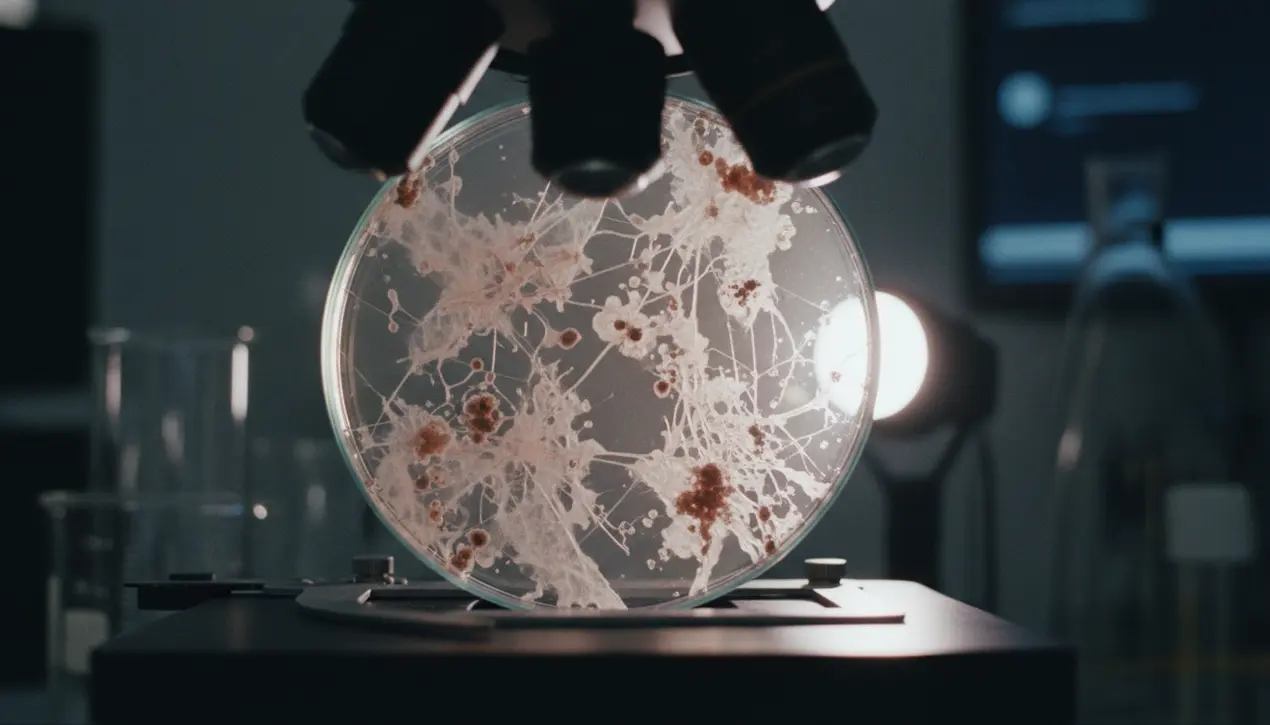
Scienceneuroscience
Chronic Inflammation Reprograms Bone Marrow into a Disease-Permissive Niche
KE
Kevin White
2 hours ago7 min read
A landmark discovery is reshaping our core understanding of blood formation and age-related illness, revealing that chronic inflammation commandeers the bone marrow environment, transforming it into a fertile ground for pathological cell clones. The long-standing theory that driver mutations in blood stem cells are the sole cause of clonal dominance is now being overturned.This new research exposes a complex and damaging collaboration between the immune system and the bone marrow's supportive stroma. Imagine the bone marrow not as a passive container, but as a dynamic biological ecosystem.Chronic inflammation—whether from persistent infection, autoimmune disease, or the slow-burning fire of aging known as 'inflammaging'—reprograms this ecosystem's fundamental rules. The stromal cells, which form the marrow's architectural framework, are pushed into a dysfunctional state.They begin secreting a harmful mix of signaling molecules that no longer foster healthy blood production but instead create a permissive landscape for disease. At the same time, a specific group of perpetually activated T cells, responsive to interferon signals, becomes entrenched in this altered niche.This establishes a self-sustaining inflammatory feedback loop. This cycle not only weakens the entire blood production system, leading to reduced and impaired blood cell output, but it also actively selects for and empowers stem cells with pre-leukemic mutations.These mutant cells can then proliferate and outcompete their healthy neighbors, not through inherent aggression, but because they are better suited to survive in this newly toxic environment. The most critical insight is the role reversal: the mutated cells may not be the primary cause of the problem.They are more like opportunistic weeds thriving in soil that has been systematically poisoned by inflammation. This has profound implications for medicine, suggesting that therapies focused on quenching the inflammatory fire within the bone marrow—potentially using novel anti-inflammatory drugs or niche-targeting treatments—could be as important, or even more so, than directly attacking mutant cells with harsh chemotherapies. This represents a foundational shift from a cell-centric to an ecosystem-centric view of blood cancers and age-related clonal disorders, opening a new front in the fight against diseases born within our bones.
#featured
#inflammation
#bone marrow
#stem cells
#chronic disease
#aging
#immune system
#research breakthrough
Stay Informed. Act Smarter.
Get weekly highlights, major headlines, and expert insights — then put your knowledge to work in our live prediction markets.
Related News
Comments
Loading comments...
© 2025 Outpoll Service LTD. All rights reserved.